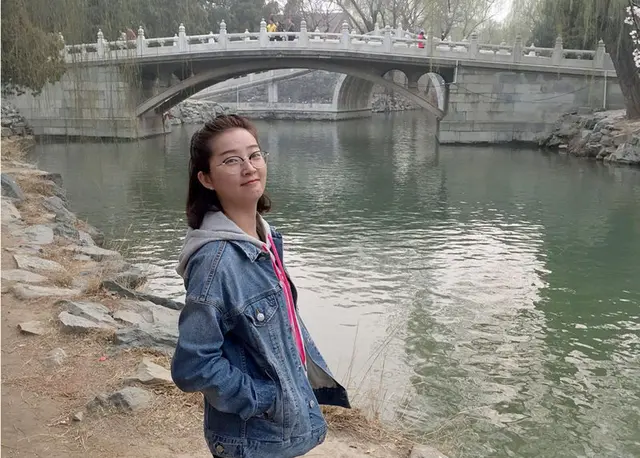Last season Eden Hazard observed that the main difference between José Mourinho and Antonio Conte was that Mourinho does not practise “automisations”. He does not have players practise set moves they can perform almost unconsciously that can be deployed at great pace when the situation demands. He organises his defence and leaves his forwards to improvise. That has been taken by some as evidence that Mourinho is no longer at the forefront of coaching – and perhaps it is – but it is also a detail that explains his entire methodology.
While studying at the Instituto Superior de Educação Física in Lisbon Mourinho came under the influence of Prof Manuel Sérgio, who believed that football knowledge was not enough for a coach, that he also had to be a psychologist, a public speaker and have a grasp of the sciences. Specifically he gave lectures on emotions and how they could be manipulated. Mourinho followed them with a rapacious curiosity. “He looked,” Manuel Sérgio said, “like a cat catching birds.”
His studies in psychology drew Mourinho to many of the conclusions reached by the Portuguese neurologist António Damásio, who has since written the introduction to a study about Mourinho’s methods by four Portuguese researchers. In his 1994 book, Descartes’s Error, Damásio argues that emotions are more rational than is commonly believed and that decisions are more influenced by emotional factors.
“For us to say that this or that player is in great physical shape is a mistake,” Mourinho said during his time at Porto. “The player is either fit or not. And what do we mean by being fit? It is to be physically well and to be part of a game plan which a player knows inside out. With regard to the psychological side, which is essential to play at the highest level, a fit player feels confident, cooperates with and believes in his team-mates, and shows solidarity towards them. All of this put together means a player is fit and it is reflected in playing well.”
This is the basis of the theory of periodisation, as preached by Vítor Frade, the Portuguese academic who has been a huge influence over a generation of Portuguese coaches and worked as Mourinho’s director of methodology at Porto.
It means no drills to improve stamina or discrete skills; it means no gym work unless a player is recovering from injury; and it means no automisations.
“When he started as a head coach there were very few people coaching like he was coaching,” said the former Wolves midfielder Silas, who played under Mourinho at União de Leiria, “but now we see a lot of coaches doing the same. It’s a kind of training that’s completely focused on game situations, all game situations, all really specific.”
Mourinho’s approach is “guided discovery”. Players are not taught moves by rote which, for him, offers a false sense of virtuosity that unravels against a better organised or more aggressive opponent. They are essentially persuaded by example of the efficacy of the Mourinho model until they instinctively reach for a Mourinho solution.
“It is not easy to put this theory into practice, especially with top players who are not prepared to accept everything they are told just because it comes from you, the authority …” Mourinho said. “I will arrange the training sessions to lead along a certain path, they will begin feeling it … all together, we reach a conclusion.”
The players are made to feel they own the conclusions Mourinho wants them to reach. It is a form of brainwashing, which perhaps explains the air of cultishness that so often characterises his relationship with his squad – and, indeed, with fans and certain journalists. It is an emotional as well as a technical process, one rooted in his “charismatic authority”, to use the term employed by the sociologist Max Weber in his 1919 lecture “Politics as a Vocation”, which addresses the issue of personality cults.
The identification of both an external enemy – the football authorities, referees, pundits, whoever – and “rats”, club figures who for offences real or imagined find themselves outside the inner circle, helps strengthen those bonds.
Mourinho’s mastery of psychology allows him to secure a buy-in that, for instance, can persuade Samuel Eto’o to operate as an auxiliary full-back or Xabi Alonso to turn against some of his Spain team-mates – as he did when Madrid played Barcelona four times in 18 days in 2011. But there is a problem. Weber argued that instances of charismatic authority “cannot remain stable; they will become either traditionalised or rationalised, or a combination of both”. It is that, perhaps, that best explains why Mourinho has only ever been successful in short bursts; in time the impact of his charisma wears off and players kick against an authority that has become habitual.
In the past that is when third-season syndrome has set in, which is what makes reports of a new five-year contract so extraordinary. There have been signs this season at Old Trafford that the process has been accelerated. Mourinho’s problem may be less that his rejection of automisation is old hat than that the methodology to which it is integral is undermined by a familiarity with his techniques that erodes the charismatic authority on which they are based.
(GUARDIAN)
 简体中文
简体中文







